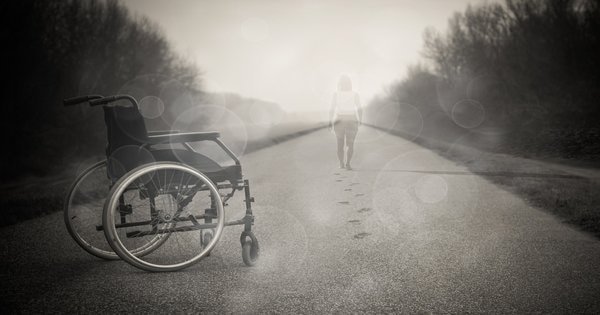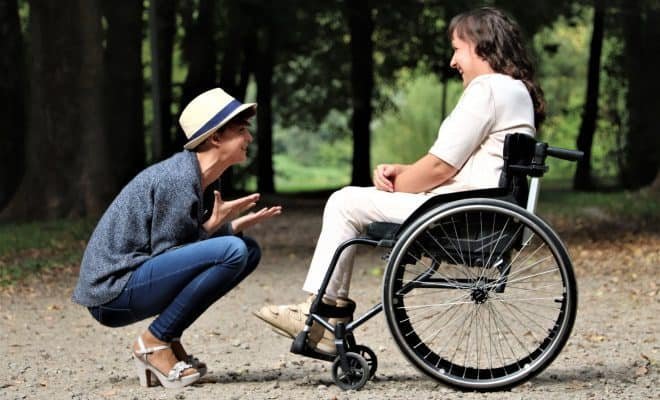Don’t Be Like Will

Me Before You by Jojo Moyes is one of my favorite books, even though I hate how it ends. The novel focuses on the topic of suicide, and is about an adventurous, rich man named Will Traynor who ends up becoming a quadriplegic after a motorcycle accident. He struggles with accepting the challenges of being disabled and plans to go to a physician-assisted suicide place in Switzerland. Even though Will finds quality of life when he starts a new romance with his caregiver, Louisa Clark, he still decides to go through with it.
I dislike the fact that the upside of being disabled is not shown as much as the downside. Will believed he couldn’t live an exciting, fulfilled life because he had limitations. Many quadriplegics and other physically impaired individuals live happy, adventurous lives and most sports and outdoor activities are adaptive now. There are many things Will could have tried to get his adrenaline fix.
I think Moyes presented an authentic view on what most physically disabled individuals emotionally struggle with though as Will explains to Louisa:
“I can’t do this because I can’t… I can’t be the man I want to be with you. And that mean this… This just becomes… another remind of I am not.”
I can relate to Will on this. It is complete torture to have a full abled mind and a disabled body. It doesn’t matter how accepting people are with the situation; feeling like a burden will never go away. I have a loving family that will do everything and anything for me. I have found a caring husband also. However, I fight with the thought of being too dependent. I feel very guilty about complicating any relationships. I wish I could give my family more relief, but I can’t. I wish I could be a normal wife, but I can’t. I can’t change who I am. I only can change my attitude. I think many others can too.
Staying negative will only make things worse. Don’t be like Will. If you are disabled and feel you have suicidal thoughts, please consider these tips:
- Be open with your family, significant other, or caregiver. Don’t keep it bottled up.
- Use the suicide prevention hotlines such as the National Suicide Prevention Lifeline.
- Talk to your school counselor or a licensed therapist.
- Join support groups that specify in your condition. There are also groups for couples.











Hi, Brooke. A fellow CHW writer here. I have a step-brother who was in a motorcycle accident about seven years ago. He is now a quadriplegic. He went through years of self-doubt and angry rants over the phone with us. He demanded to know why we let him live. Eventually, he found his way. He is a veteran and felt it was unfair that he was injured so severely “after” he survived Iraq.
He finally saw a future, though. He has been skiing, snorkeling, and many other sports. A few months ago, he met a lovely woman who is a nurse and understands what he needs. This is why I can relate to your article. Thank you for writing about the hardships “and” hopes that physically disabled people go through.